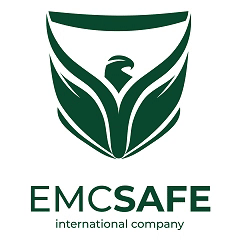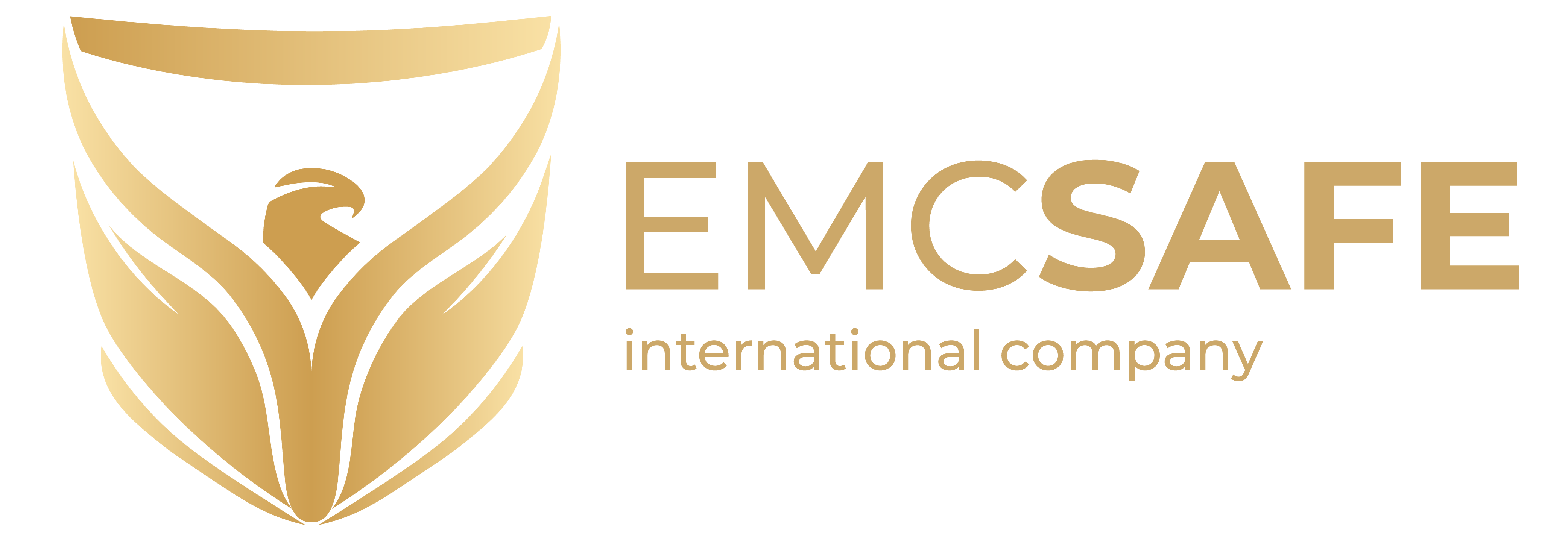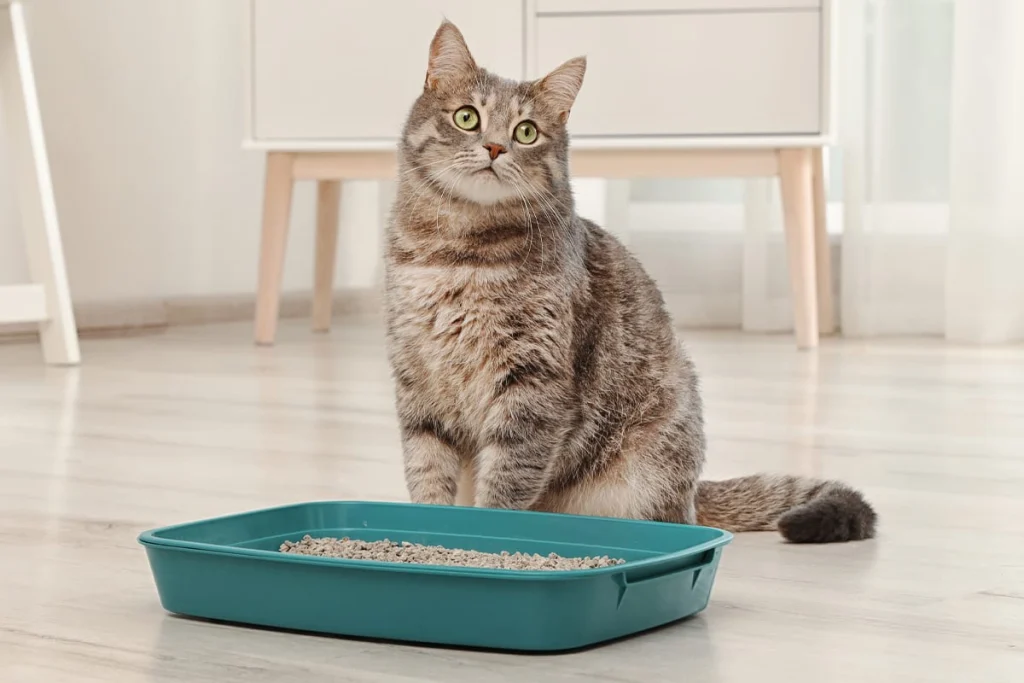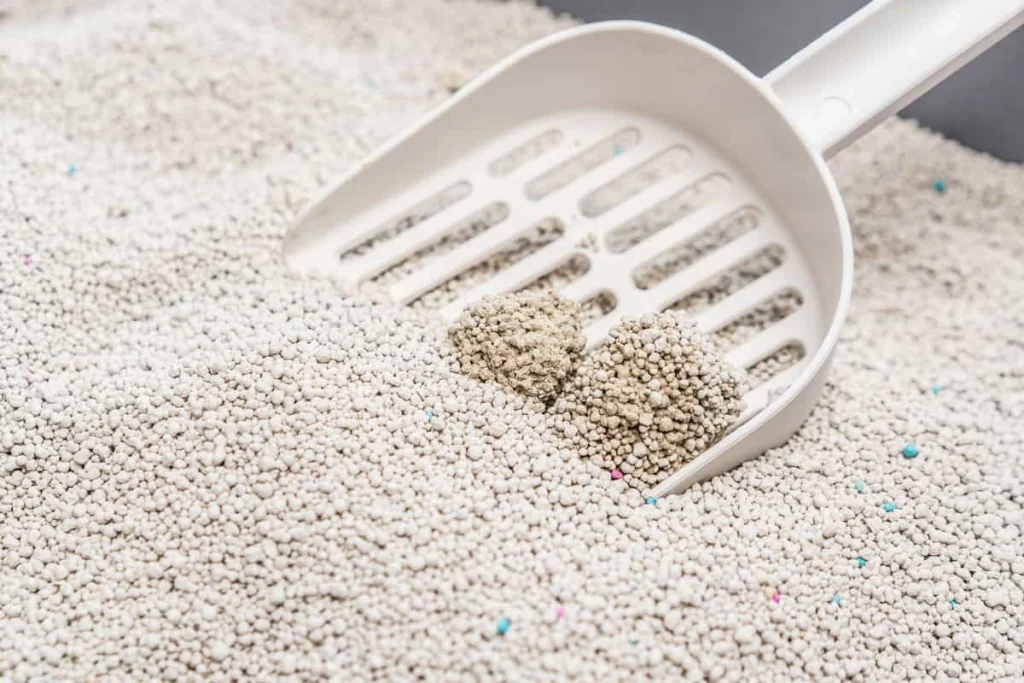Common Cat Litter Materials Compared
Cat litters come in various materials, including silica gel, recycled paper, and plant-based options. However, granulated bentonite clay stands out as the premium choice due to its superior clumping ability and exceptional odor control. Unlike other types, bentonite forms tight, easy-to-scoop clumps while naturally neutralizing ammonia odors for a fresher home environment.
Which Type of Bentonite is Used for Cat Litter Production?
High-quality sodium bentonite is the preferred choice for cat litter production due to its exceptional swelling and clumping properties. This natural clay forms firm, easy-to-remove clumps when wet, while effectively controlling odors without artificial additives.
Why Should EMCSAFE Be Your Preferred Bentonite Cat Litter Supplier?
At EMCSAFE, we specialize in supplying high-quality sodium bentonite specifically tailored for clumping cat litter production. Our scientific approach, strong resource base, and flexible services make us the trusted partner for global pet care brands and manufacturers.
1. Uniform Quality for Reliable Clumping Performance
With over 30 active mineral sites in the Middle East, EMCSAFE delivers consistent, high-performance bentonite ideal for pet hygiene. Our team of mineralogists and in-house laboratories ensures that each shipment offers:
Optimal swelling capacity
Low dust content for respiratory safety
High absorption and fast clumping behavior
Natural odor control (ammonia reduction)
Whether you’re producing unscented, premium, or eco-friendly cat litter, we maintain uniform particle size, moisture level, and mineral composition to support stable, repeatable product performance.
2. Hassle-Free Global Supply & Financial Access
Thanks to our international offices and a robust financial network, EMCSAFE eliminates the common challenges associated with cross-border transactions. We offer:
Simplified payments in multiple currencies
Responsive communication across time zones
Export documentation ready (SDS, COA, origin certificate)
This ensures you can focus on your business, while we handle the logistics and compliance.
3. Customer-Centric Packaging & Private Label Services
EMCSAFE understands the diversity of the global pet market. That’s why we provide:
OEM/private label solutions for your brand
White-label manufacturing
Flexible packaging options (5 kg, 10 kg, 25 kg, or custom sizes)
Region-specific designs based on local market trends
We adapt our production and packing lines to meet your branding and logistical needs—whether you’re targeting supermarkets, specialty pet stores, or online platforms

Swelling index | ≥ 20 ml/2gr |
Odor absorption | > 90% Ammonia absorption |
Clumping Time | < 5 seconds |
Water absorption | > 600 % |
Montmorillonite | ≥ 85% |
Particle size | 0.5 _ 3 mm granules |
Moisture | Max 10% |

1. What Is Bentonite Clay?
Bentonite is a naturally occurring clay primarily composed of montmorillonite, a smectite group mineral known for its high swelling capacity and absorbency.
2. Why Does Bentonite Clump?
When sodium bentonite contacts moisture (e.g. cat urine), it swells rapidly and forms tight clumps due to its layered structure and cation exchange capacity (CEC).
3. Is Bentonite Safe for Cats?
High-quality, dust-controlled, unscented bentonite is considered safe for cats. However, kittens under 8 weeks should avoid clumping litter due to ingestion risk.
4. What About Dust and Respiration?
Low-dust bentonite is essential to reduce respiratory irritation in both cats and humans. Look for <2% airborne dust in premium litters.
5. Why Is Scented Litter Controversial?
Many cats dislike strong fragrances. Scented litter may cause litter box avoidance or allergic reactions. Unscented, natural litter is generally preferred.
6. Odor Control: How Does It Work?
Bentonite naturally absorbs ammonia from urine, neutralizing unpleasant odors without needing added chemicals.
7. Is Clumping Litter Easier to Maintain?
Yes. Clumping litter allows quick removal of waste, keeps the litter box drier, and reduces full litter replacement frequency.
8. How Is Cat Litter Packaged?
Premium bentonite litter is usually packed in 5kg, 10kg, or 25kg bags. Export packaging often includes valve bags or bulk jumbo bags.
9. Is Bentonite Litter Eco-Friendly?
While bentonite is a natural mineral, it is not biodegradable. However, it is non-toxic and inert. Disposal should follow local regulations.
10. What Determines Litter Quality?
Key technical indicators include:
Swelling capacity (≥600%)
Montmorillonite content (≥75%)
Moisture level (≤12%)
Granule size (1–5 mm)
Dust level (<2%)
pH range (8–10)
11. Where Is High-Quality Bentonite Mined?
Sodium bentonite used in cat litter is primarily sourced from regions like Iran, Turkey, and the USA, where mineral purity is high.
12. What Certifications Should Litter Products Have?
Look for products supported by:
SDS (Safety Data Sheet)
COA (Certificate of Analysis)
ISO or SGS testing for quality assurance
13. Can Cat Litter Impact Pet Health?
Yes. Using low-quality litter with high dust or chemicals can lead to:
Respiratory irritation
Allergies
Paw pad dryness or abrasions
High-quality bentonite minimizes these risks.





